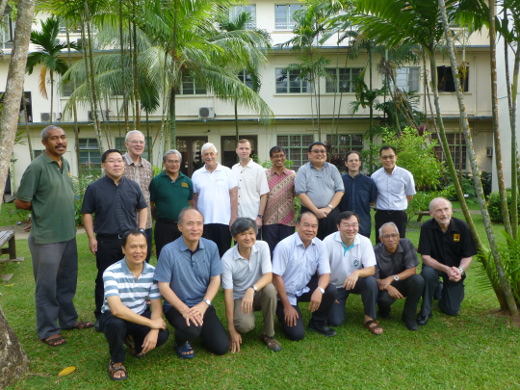“We grieve with the earth and the poor. We feel strongly that change and conversion will not take place without a real encounter with God, which also means encountering the poor,” expressed members of the social ministries network of the Jesuit Conference of Asia Pacific (JCAP).
The group comprising 24 participants from the Jesuit provinces and regions, JCAP social ministries, and regional and global networks gathered at the Formation House of Syantikara in Yogyakarta, Indonesia from August 19 to 21 for a meeting themed, “Celebrating 50 years’ journey of God’s faithfulness and discerning roadmaps for the next 10 years”.
The three-day programme was packaged in the form of workshops, individual reflections, group sharing and plenary discussions. It aimed to respond to Fr General Arturo Sosa’s call on the implementation and assimilation of the Universal Apostolic Preferences (UAPs), as well as to celebrate the Golden Jubilee of the Social Justice and Ecology Secretariat (SJES).
JCAP President Fr Tony Moreno SJ presented extensively on the UAPs. He said: “The Preferences are not about specific ministries, but about giving orientations, guidelines to lead us into the frontier of the mission.” He also said that the UAPs do not stress on a priority, for example education, but instead are “orientations that call out to what stimulates or burns our heart or passion”. In this way the UAPs are not just about the Society’s mission, but they concern the Society’s life. “The UAPs should help our heart to burn in doing God’s mission,” said Fr Moreno.
After reflecting on and discussing the UAPs as orientations for the social apostolate, the participants shared their past and current social ministries, their graces, their challenges, new opportunities in light of the UAPs and possibilities for collaboration. Limited personnel and resources are the common challenges that surfaced. The participants feel strongly that ecology and the climate crisis are the burning issues that need to be addressed fearing a wave of migration that can ensue from the problem.
Fr Fernando Azpiroz SJ and Julie Edwards guided the participants on how to do spiritual discernment in the daily affairs of their social ministries. Fr Azpiroz presented the methodology which involved asking “who, why, what and how”, while Edwards presented a framework for internalising discernment. The framework consists of human spirit, practice framework and business process rooted in Ignatian tradition and Catholic Social Teaching.
“Discernment is an application of finding God in all things,” said Edwards. Explaining the framework, she said: “In terms of human spirit, we can look back on experiences that can influence discernment in our context. We can also consider what we have done and what have happened in the last decade that disturb our heart and help us to think about how to reconcile them. In the light of Ignatian tradition, we look at all these issues and how they are part of our life. Business process is about figuring out our resources, including how we communicate with people.”
SJES Secretary Fr Xavier Jeyaraj SJ graced the meeting with his presentation on the spirit of the 50th anniversary of SJES. Referring to Leviticus 25, Fr Jeyaraj reflected on what a golden jubilee means. “Fifty years mean we have to renew our commitment to the challenge of the mission of our vocation in order to be with God, where we want to go,” said Fr Jeyaraj. He shared about the goal, objectives and desired outcomes of the jubilee year celebration themed, “A journey of justice and reconciliation: 50 years and beyond”.
The meeting culminated with the formulation of the Conference Statement and Call to Action, and plans to commemorate the 50th Golden Jubilee at the province/region and conference levels. All the participants felt called to conversion arising from the Universal Apostolic Preferences and the 50th Anniversary of the Social Justice and Ecology Secretariat.
Click here to read the complete statement of the JCAP Secretariat for Social Ministries.

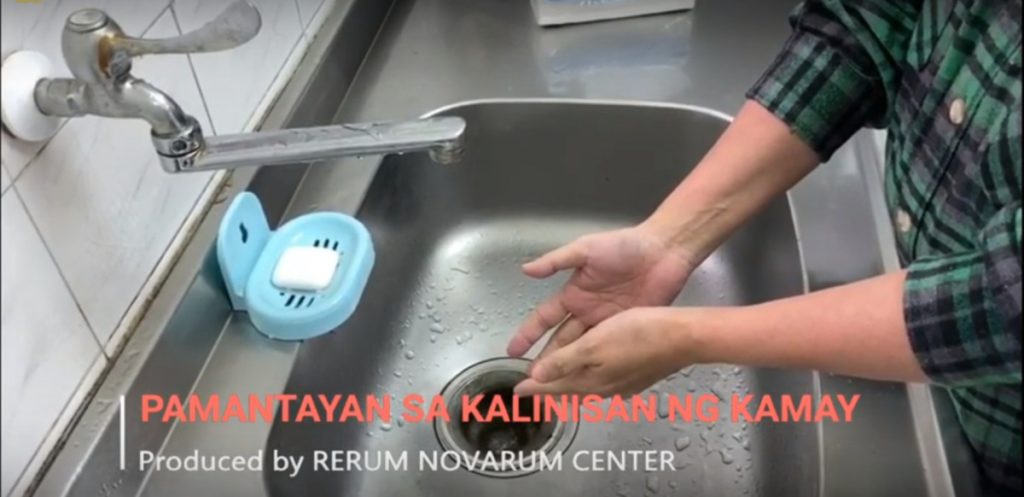
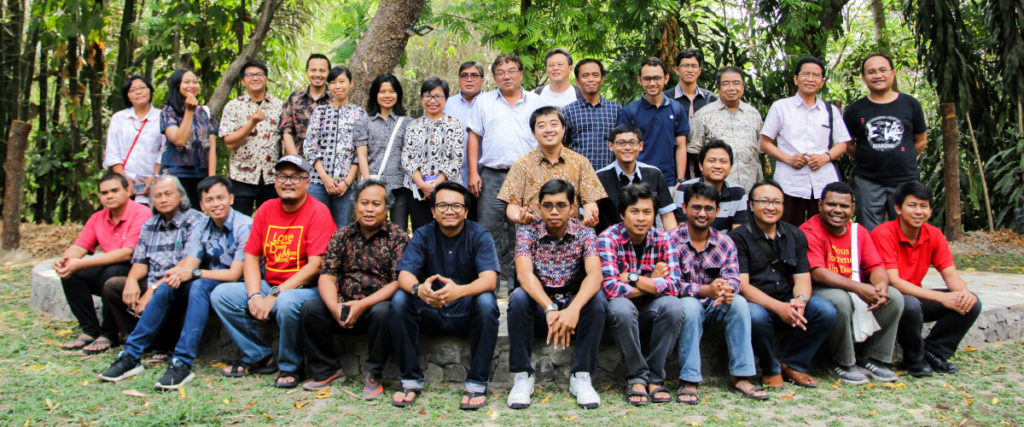
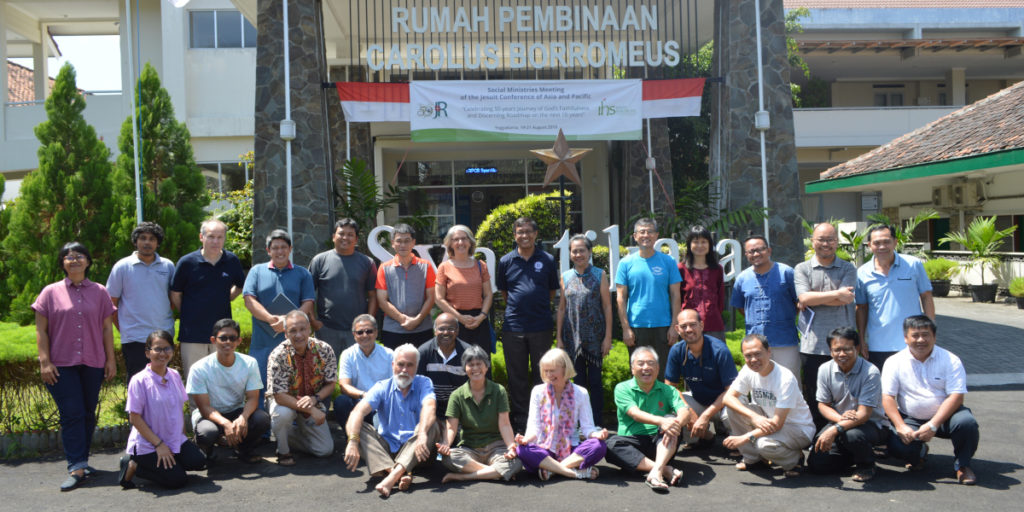
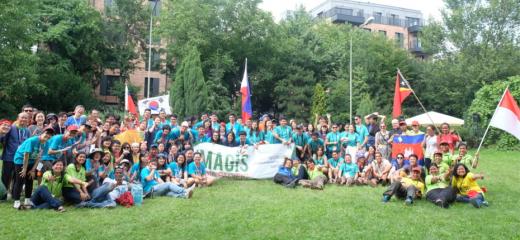
 In 2014, the major superiors of the Jesuit Conference of Asia Pacific decided that the youth had to be a priority for the Jesuit Conference. They saw a clear need to accompany young people in the way of St Ignatius, which is marked by cura personalis (personal care), discernment and magis (more).
In 2014, the major superiors of the Jesuit Conference of Asia Pacific decided that the youth had to be a priority for the Jesuit Conference. They saw a clear need to accompany young people in the way of St Ignatius, which is marked by cura personalis (personal care), discernment and magis (more). 